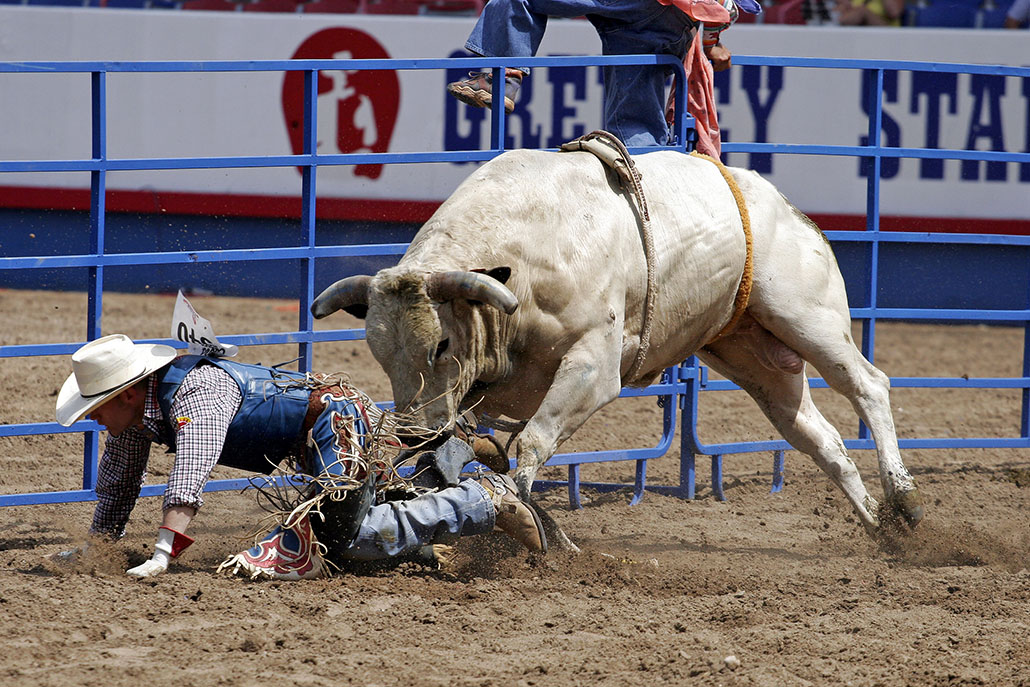It’s upsetting to read stories about the death of young people, directly or indirectly, related to brain injury or concussion.Ty Pozzobon’s death following his concussion is certainly a tragedy.
The CBC story discusses the statistical frequency of depression following brain injury. In our practice, we see depression following TBI every day. Frequently I meet survivors and their families shortly after an injury. At that time they are thankful that they or their loved one survived. They praise the medical system and the “miraculous” recovery so far. That’s when I caution about depression and do everything I can to set up a full rehabilitation program. The pattern we often see, as lawyers working with survivors, is that as symptoms persist and survivors don’t recover or get back to “normal” as they hoped, depression sets in. It happens in Merritt, Vancouver and everywhere that people who have persistent post concussion symptoms live.
The risk of suicide is real. Whenever possible, the best plan is to set up a system of service so that survivors can be assisted as they encounter recovery struggles that they did not expect. Perhaps this is worse in brain injury cases because survivors and those around them look “normal” and so desperately want to be “back to normal”. The trajectory of recovery from TBI is different than a broken leg, where there is an expected period of immobility followed by physiotherapy and re-strengthening. We should expect that those recovering from concussion will encounter psychological or psychiatric hurdles. In an ideal world supports to combat the high prevalence of depression following concussion or brain injury would be available for all.




